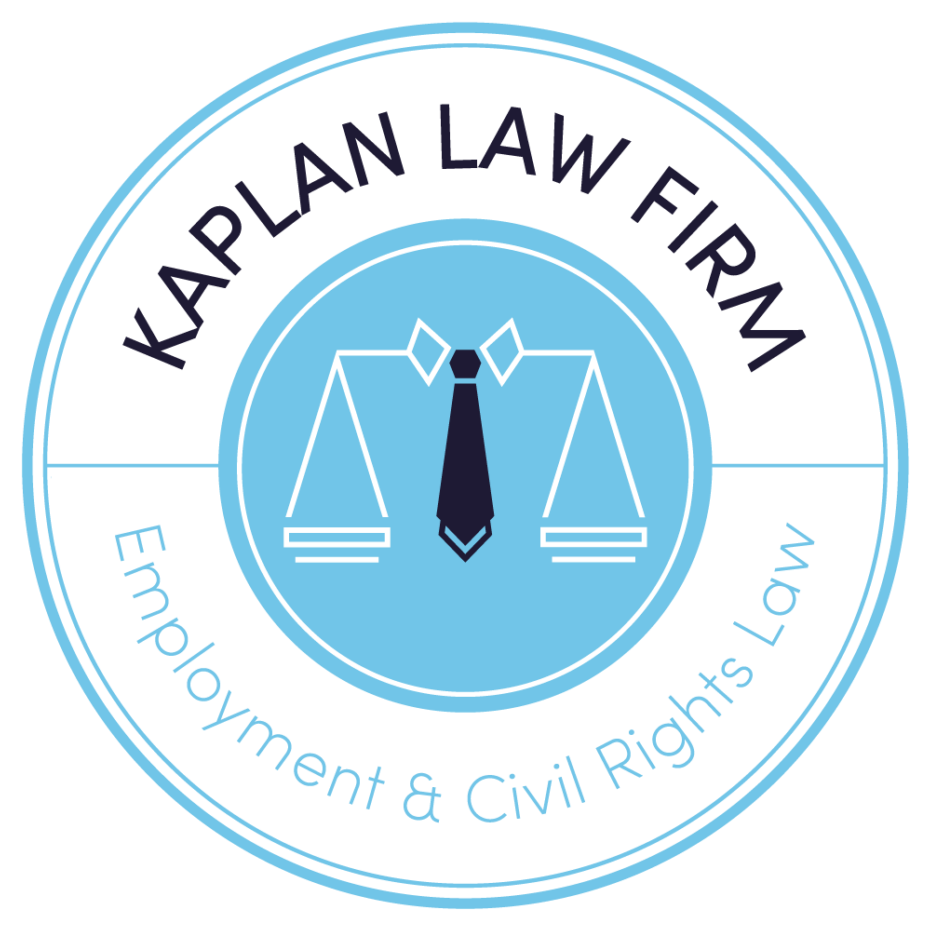Cavalier Behavior Leads to Lawsuit
The Cleveland Cavaliers’ poor record is not their only concern right now as former assistant coach Jim Boylan recently sued the team for age discrimination.
Boylan, who is 63, filed the lawsuit against the Cavs in November. The Cavs fired Boylan last June after the Golden State Warriors swept the Cavs in the NBA Finals. This was the beginning of the franchise cleaning house by also firing head coach Tyronn Lue in October.
The Cavs decided not to renew Boylan’s contract at the end of June. They also did not renew Phil Handy’s contract, the player development coach. They made this decision a few weeks prior to Cavs’ star LeBron James’ decision to change teams and join the Los Angeles Lakers. While James’ decision was not official until July, a majority of the league anticipated the switch. The Cavs had to enter an entire rebuilding phase with the face of their franchise on his way to sunny California.
It may seem like Boylan’s firing was simply part of a fresh start for the Cavs, but there is more to the story. Boylan was with the team since 2013 and helped guide them to four straight NBA Finals appearances. While LeBron James probably played a bigger role in this success than Jim Boylan, Boylan still has an impressive resume and a track record of success with the organization.
When the Cavs decided to not renew Boylan’s contract, they instead promoted Dan Geriot to a full time assistant and promoted Damon Jones to a “more robust coaching role.” They also promoted Mike Gerrity to director of player development. In August, the Cavs hired Terry Nooner as their new player development coach. So what’s the problem here? All of the aforementioned people are younger than Boylan – significantly younger. Geriot is 29; Jones is 42; Gerrity is 32; Nooner is 40.
Now this could simply be a coincidence, but it is no secret that youth is admired in professional sports, especially in the NBA. Rookies enter the league at 18 or 19 years old; some overseas players are even younger than that. The NBA is a league that treats youth as a presumed advantage. Has this bias bled over to coaching as well?
It seems that franchises assume younger coaches connect better with the players compared with older coaches. Luke Walton, head coach of the Lakers, is one of the most prominent coaches in the league right now at only 38 years old. Walton’s star player, LeBron James, is only four years his junior. The oldest player on the team is Tyson Chandler at 36 years old. 12 players on the team are below 30, 10 are under the age of 25, and one cannot even legally drink yet.
This trend is not specific to the Lakers. Many teams have similar demographics. And, there was.a push to get younger faces in coaching staff after the success of Erik Spoelstra in Miami, who lead the Miami Heat to back-to-back championships at the age of 39, and Brad Stevens, who has taken the league by storm after joining the Boston Celtics as a head coach at the age of 36.
It is no surprise the Cavs have decided to join in on this, but when does it become illegal? When do age related employment decisions break the law?
Age discrimination put simply is discriminating against someone in employment based on age. Only workers over the age of 40 are protected by age discrimination laws. It is illegal to fire, layoff, or demote someone based on their age or refuse to hire someone based on their age.
Now let’s revisit Boylan’s claim. He is part of this protected class because he is 63 years old. He was replaced by someone under the age of 40. But the Cavs also went on to hire someone who is 40, so is this age discrimination?
This story gets interesting when you look at the evidence Boylan will likely present. Boylan disclosed a voicemail from the then-coach Tyronn Lue informing Boylan he would be fired. The voicemail says, “They’re not gonna pay that kind of money for three assistants on the bench. He wants to go younger in that position and, you know, find somebody who’s a grinder and younger in that position.” In this voicemail, Lue is referring to General Manager Koby Altman as “he.” Team owner Dan Gilbert and Altman are the defendants named in the case. Lue reiterated this same sentiment at the end of the voicemail, “So he just said he wanted to go younger at that position and he does not want to pick up the option.”
Given the information provided by this voicemail, Boylan likely has a decent potential discrimination case. Additionally, he is not the first NBA coach to pursue this type of case. Lakers legend Elgin Baylor filed a similar suit against the Los Angeles Clippers in 2009. Baylor claimed he was forced out of his job of 22 years as general manager because of his age. Baylor was in his 70s at the time. However, he did not win the case. The Clippers organization claimed Baylor left the team on his own and the team’s record under Baylor was the primary issue, not Baylor’s age. The Clippers’ best record under Baylor was 47-35, which is far from legendary.
As far as Boylan’s case goes, we will have to see it play out. His claim seems to hold some weight, but that is ultimately for a jury, judge, or arbitrator to decide.




